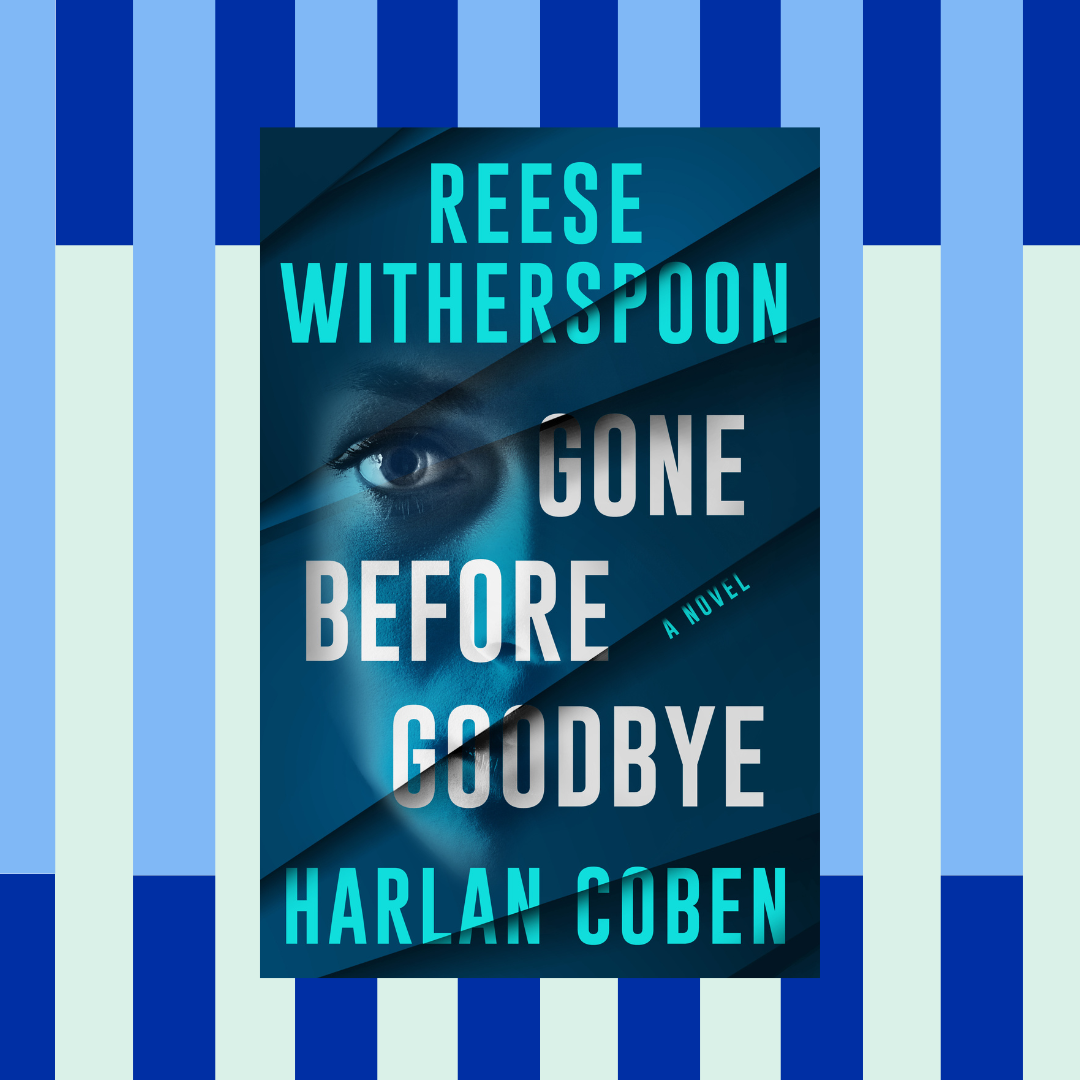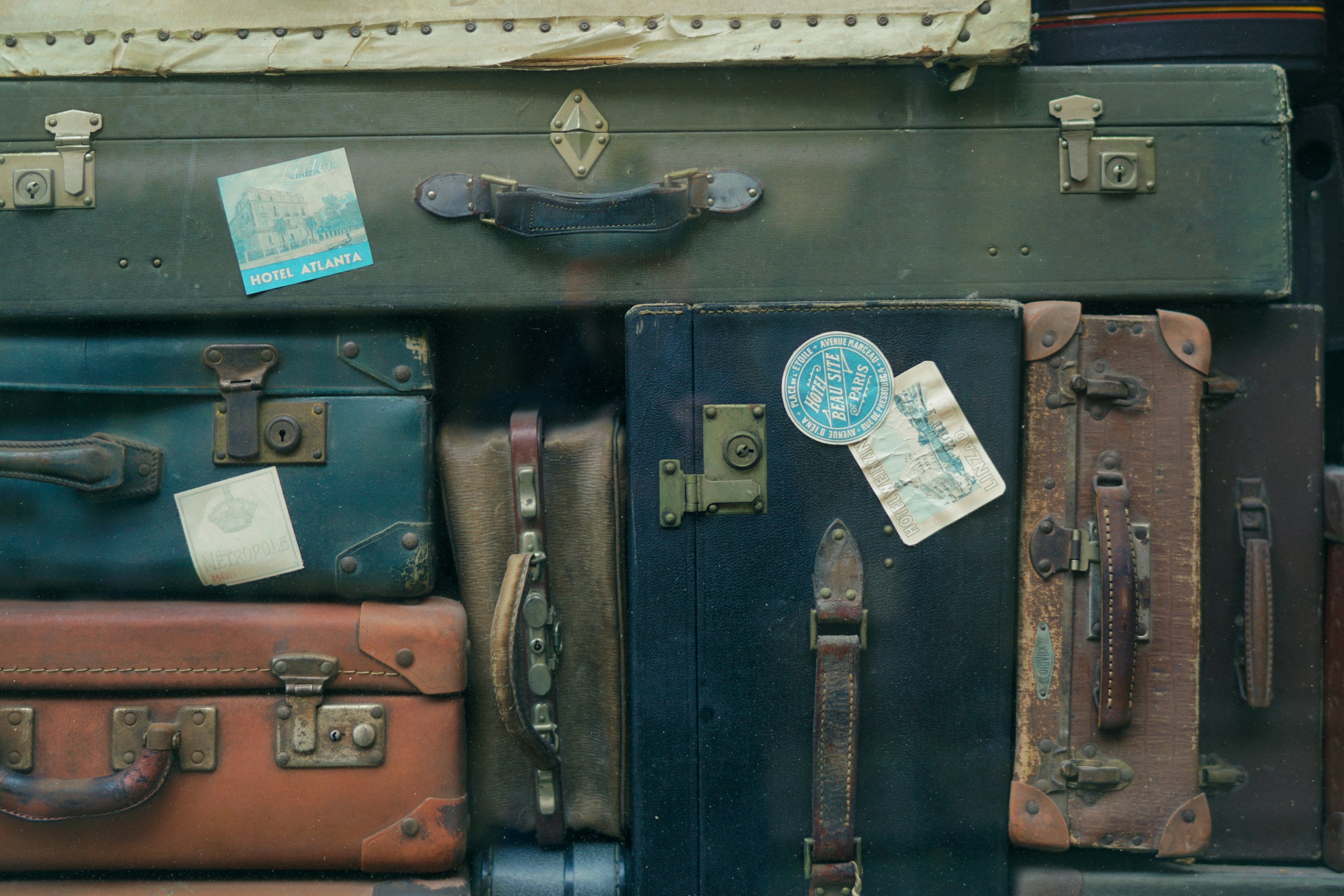I grew up in a family where people rarely said what they meant. Life in our house felt like it was written in code, and I was determined to crack it. I became an observer, fascinated by what people didn’t say, and then eventually by the way our physical senses could influence us without our even noticing. I watched how heat made my oldest sister irritable, while the sound of rain made the second one friendly. And in that subliminal world of the senses, smell was the most powerful of all, because it was the most overlooked. It could hold comfort in the aroma of melting cheese. All of my childhood in a whiff of pipe smoke.
Later in my life, I had a dog, and the sensitivity of his nose amazed me. He could smell emotions, even time. If I was sad, he came from the other side of the house to find me. He knew when my kids were arriving home, blocks before they arrived.
Then I read a story by Oliver Sacks, about a patient of his who dreamed he was a dog. In the dream, everything felt technicolor, all his emotions heightened by a seemingly supernatural sense of smell. When he woke up, the ability continued for weeks, but then disappeared, leaving him devastated by the loss. It made me wonder—what it would be like for a child to grow up with such a gift? What would our world look like to such a child? What would we look like?
“‘The Scent Keeper’ evolved into a novel about growth and compassion and healing.”
The idea sat in my mind for years, until one day it was joined by an image—a young girl, living with her father in a cabin in the woods. All the walls were lined with drawers, and in each drawer was a different scent. I didn’t know who she was or what the scents were for. I just knew that I loved this little girl and I wanted to know who she would grow up to be. And I knew this would be a kind of fairy tale. It would be set deep among the trees, as fairy tales often are, but it would go out into the bigger world, as fairy tales often must. It would be a fairy tale because sometimes it takes just a bit of magic to believe in a world where scents can make us do things without our even knowing why.
I dove into Emmeline’s life, and in the process, an unexpected thing happened. As Emmeline grew up, I realized that I was writing about something even more important than the sense of smell. I was writing about the relationship between parents and children, and the way that, if we are lucky, we get to a point where we learn to see our parents as human beings. Flawed, as humans are, but also often extraordinary, as they can be. The Scent Keeper evolved into a novel about growth and compassion and healing. About finding each other through something as ephemeral as the scent on a burning piece of paper. And thus, in its own subliminal way, writing about the sense of smell brought me home.



